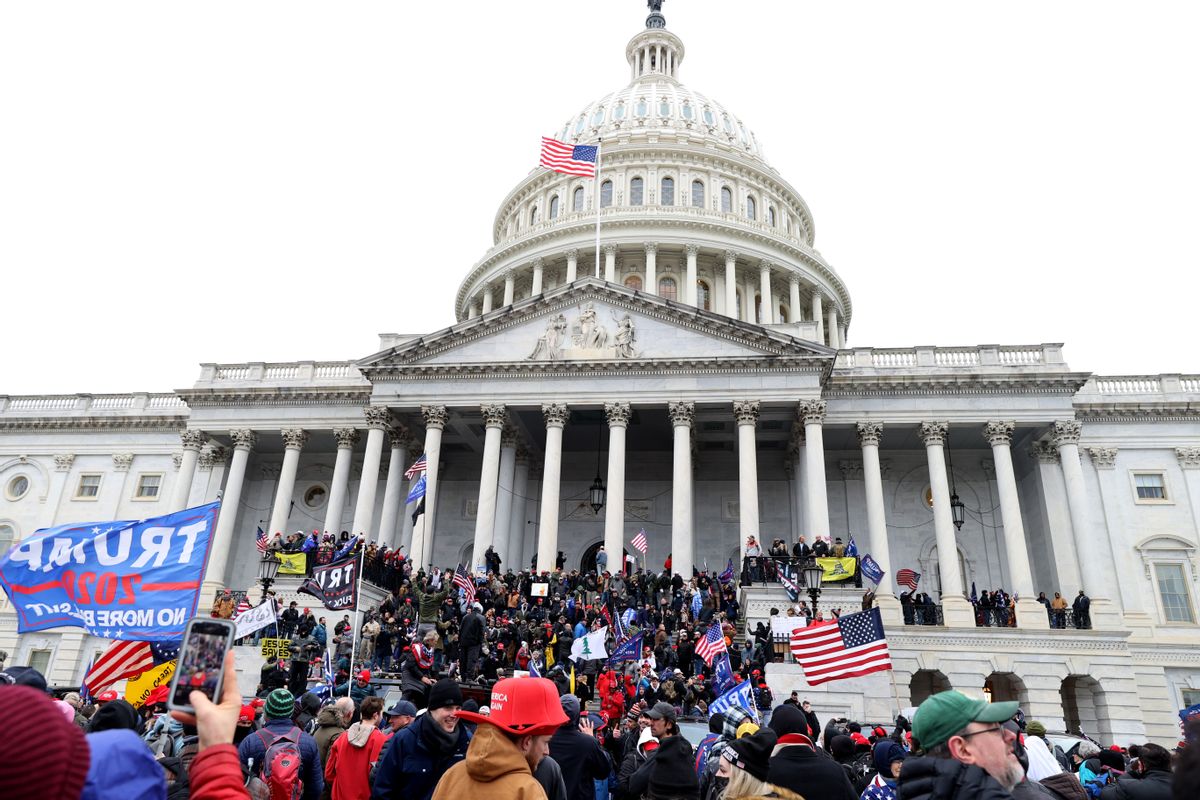Hackers leaked Washington, D.C., police documents showing that lawmakers received numerous threats in the wake of the Jan. 6 insurrection, right-wing extremists plotted further attacks around the nation's capital.
The leaked documents, which were stolen and published by the ransomware attack group Babuk, show metropolitan police recorded threats to lawmakers and public facilities after Donald Trump's supporters stormed the U.S. Capitol, and law enforcement stepped up surveillance on far-right groups, reported The Guardian.
"[The group Patriot Action for America is] calling for others to join them in 'storming' state, local, and federal government courthouses and administrative buildings in the event POTUS is removed as president prior to inauguration day," police said in one Jan. 13 bulletin.
Some of the stolen documents were redistributed by the transparency organization Distributed Denial of Secrets and showed intelligence indicated that anti-government Boogaloo groups planned to attack various targets around Washington, and mentioned a possible second suspect in the placement of pipe bombs near the Democratic National Committee and Republican National Committee headquarters before the riot.
A Jan. 22 bulletin shows a heavily armed Pennsylvania man was arrested for sending threats to Democratic senators.
"I'm going to DC to kill people and wanted to be killed by the police," the man said, according to the bulletin.
A second man who had an illegal gun was arrested after the inauguration asking for directions to the Oval Office, and another man was seen sitting in a vehicle parked outside Supreme Court justice Sonia Sotomayor's house.
Police also investigated a number of threats aimed at Congress members ahead of Trump's second impeachment trial.
Another police bulletin from February showed a militia group member in Texas discussing a "backup plan" for setting off bombs during the State of the Union address.
"[The militia is] a large organization allegedly with members from every state, which included individuals who were former military and law enforcement," the bulletin says, but that document does not name the group.




Shares